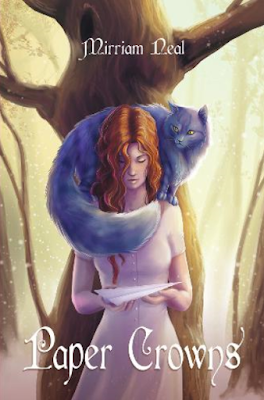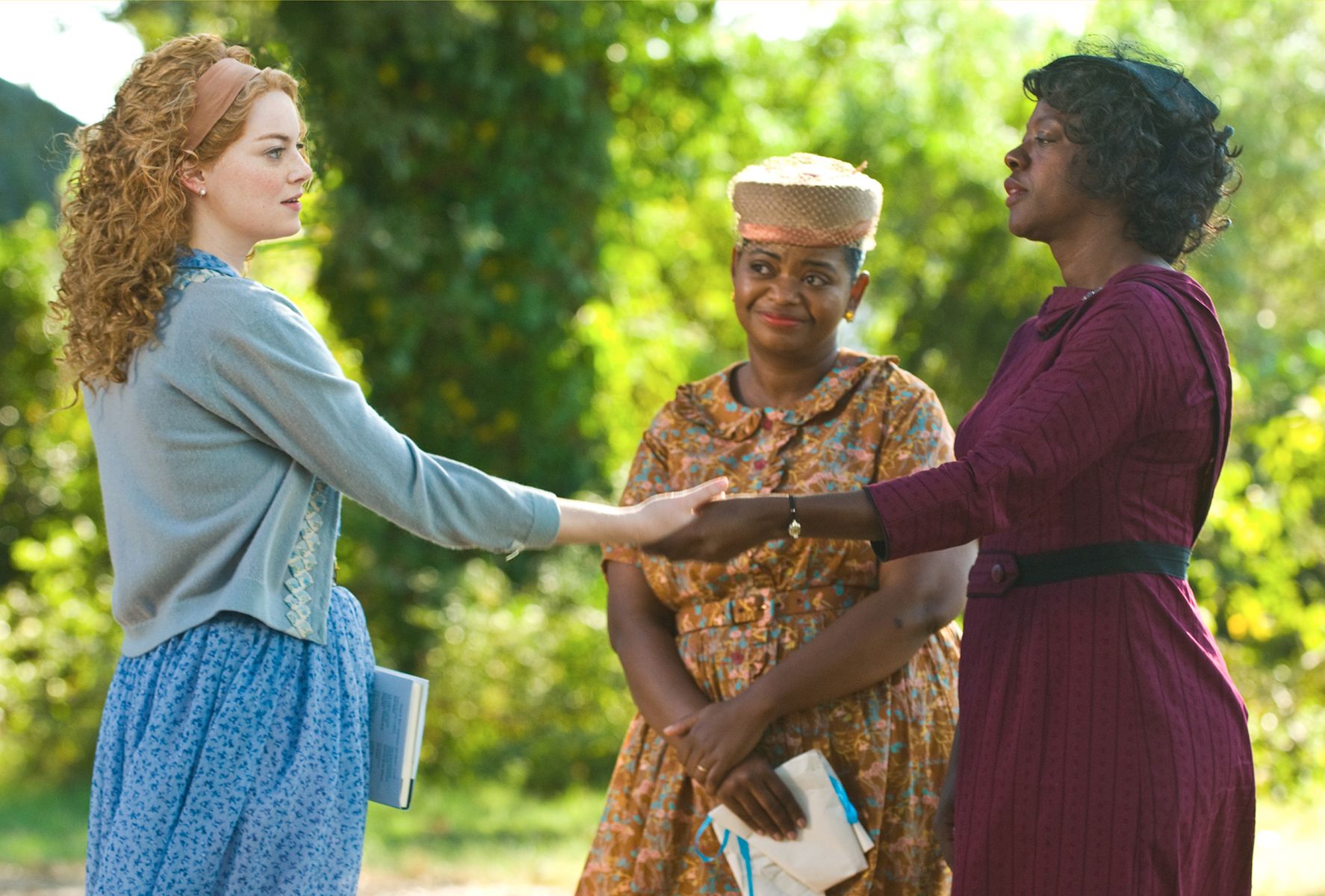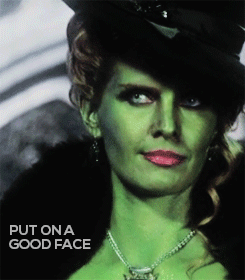I'm here today not to draw any concrete conclusions, but rather to weigh both sides and discuss it with you all. Fair enough?
swearing in books: what makes it undesirable
* Some of us just aren't comfortable with foul language. Why should we be subjected to it in a novel? I've started to read some great books that I ended up putting down because the amount of profanity was more than I wanted to endure. I think authors should thoughtfully consider the section of their audience they're driving away with their content. Those who don't care how many f-bombs litter the page will still read your books even if you clean them up, whereas those who do care will be very thankful. Listen to the dollar signs, if nothing else.* In some cases (not all), it's lazy writing. In these sorts of books, the characters seem to have a limited vocabulary, 50% of which is profane. Even the narrative is sprinkled with it. Yes, I understand that that particular word is an angry one, but I would appreciate your art far more if you used some creativity to convey that anger. It takes more writing muscle to vividly describe someone seething with rage or moping in misery than it does to plop down a four-letter word or two. (Or a blue-streaking seven.)
* I could go on, but most of my other reasons are close siblings of the first one. Because of my faith and because of personal preference, I just don't like language, be it in a book, movie, TV show, or real life.
swearing in books: what makes it okay
* It can be realistic. I loved Maggie Stiefvater's The Raven Boys, but the characters, particularly Ronan, swore more than I expected them too. Being rough around the edges, all tough exterior and shaved head and independence, Ronan's language was in keeping with his character. He's kind of the bad boy. I have to be honest: there are just some people that wouldn't realistically shout "oh pumpernickel!" when they spill hot coffee over their lap. If writers are meant to reflect life accurately, then perhaps a measure of realism in the dialogue is acceptable?
* In a very select few cases--of which I'd be hard-pressed to name, but still know they exist--there's no other way to say it. Let's imagine a scene showing the aftermath of deep evil or the heinousness of a crime. The most fitting words to describe those evil people and their destructive deeds are not PG-rated, people. (These days, maybe they are, but that's another topic altogether . . .)
*Again, I could go on, but the rest of what I have to say is best discussed . . . as an actual discussion, instead of in point form.
so what are we to do?
On the one hand, many readers and writers find swearing offensive. I am one of those.
On the other hand, I write about things I don't agree with, and no one is under the delusion that I approve of those things. I have characters with different mindsets than I do. I have characters who lie, steal, manipulate, betray, lust after power, burn people at the stake, and strive to conquer worlds. And yet I do not condone any of those actions, even if some of them are done by protagonists who are struggling on their journeys. So why should swearing be different?
Maybe it's because we can read about someone lying or murdering, but we don't truly experience the telling of that lie or the murdering of that person. But when we read a swear word, it's just as bad as if we thought of it ourselves or spoke it aloud. Swearing is a verbal/mental sin, right?* It's one of the few that can be communicated fully on the page.
*(And while we're at it, can any of you point me to Bible verses on the subject of language? Beyond one of the Ten Commandments being "Do not take God's Name in vain." Because most swearing doesn't invoke God's name at all. I'm interested in doing some further study.)
BUT. I easily forget that non-Christians don't 'play by the same rules,' if you want to put it that way. To me, swearing is wrong, but to a lot of people, it's simply not an issue. How can I expect them to censor their language if they don't believe it presents a problem?
On another note, intended audience is a big factor. Please do not put foul language in a book written for twelve-year-olds. I don't care if they may be hearing those words at school already--some of them still have innocent eyes and ears, and I would hate for a book to introduce them to something better met at an older age.
But what about adult fiction? Or even YA? (As a reader, I consume both, as I imagine lots of you do.) These readers have heard plenty already, unless they live in Antarctica with speechless penguins. Does exposure justify the continued use of language? Is it a matter of maturity or of principle? Or both?
To some of you, this probably isn't a big deal at all. I understand that the public school system is good at desensitizing people. Really, though, the secular world at large is good at it. As a homeschooler raised in a Christian family, I was not exposed to the same volume of profanity during my childhood as many public school students were. Emily pointed that fact out to me, and it's true. Not that I was some unsocialized little stereotype who bathed in hand sanitizer after setting foot out in the big, bad world! I was simply in an environment that didn't involve anything much worse than 'crap.' Now, as an adult in the workforce, and as a person whose media intake has expanded, I hear and read more. Not that I like it, but it's reality.
So. Should we read books that contain swearing? I believe that's between you and God to decide what you can handle (or what you want to handle). Should we write books that contain swearing? That question is even more muddled with grey than the first. And I did say I wasn't trying to come to any solid conclusions just now.
But I will say that, no matter the answer, a few things need to be thoughtfully and prayerfully considered.
- the audience
- the context of the swearing
- the intensity and frequency of the swearing
For me personally, there may come a day when I pen an adult novel that calls for a restrained measure of language. I can't imagine myself ever laying it on thick. At all. I'd rather leave it at a non-scarring, "he swore" and be done with it. But a few deliberately placed words, for the right audience, in the right context, might happen. I honestly don't know. I still wish the issue was as simple as attacking every novel out there with a black Sharpie. We all know it's not, though.
In lieu of a real conclusion, I leave us with this:
Summing it all up, friends, I’d say you’ll do best by filling your minds and meditating on things true, noble, reputable, authentic, compelling, gracious—the best, not the worst; the beautiful, not the ugly; things to praise, not things to curse. Put into practice what you learned from me, what you heard and saw and realized. Do that, and God, who makes everything work together, will work you into his most excellent harmonies.
Philippians 4:8-9 (The Message)
So what are your thoughts? It's a tricky matter, and I want to hear your take on it.
















